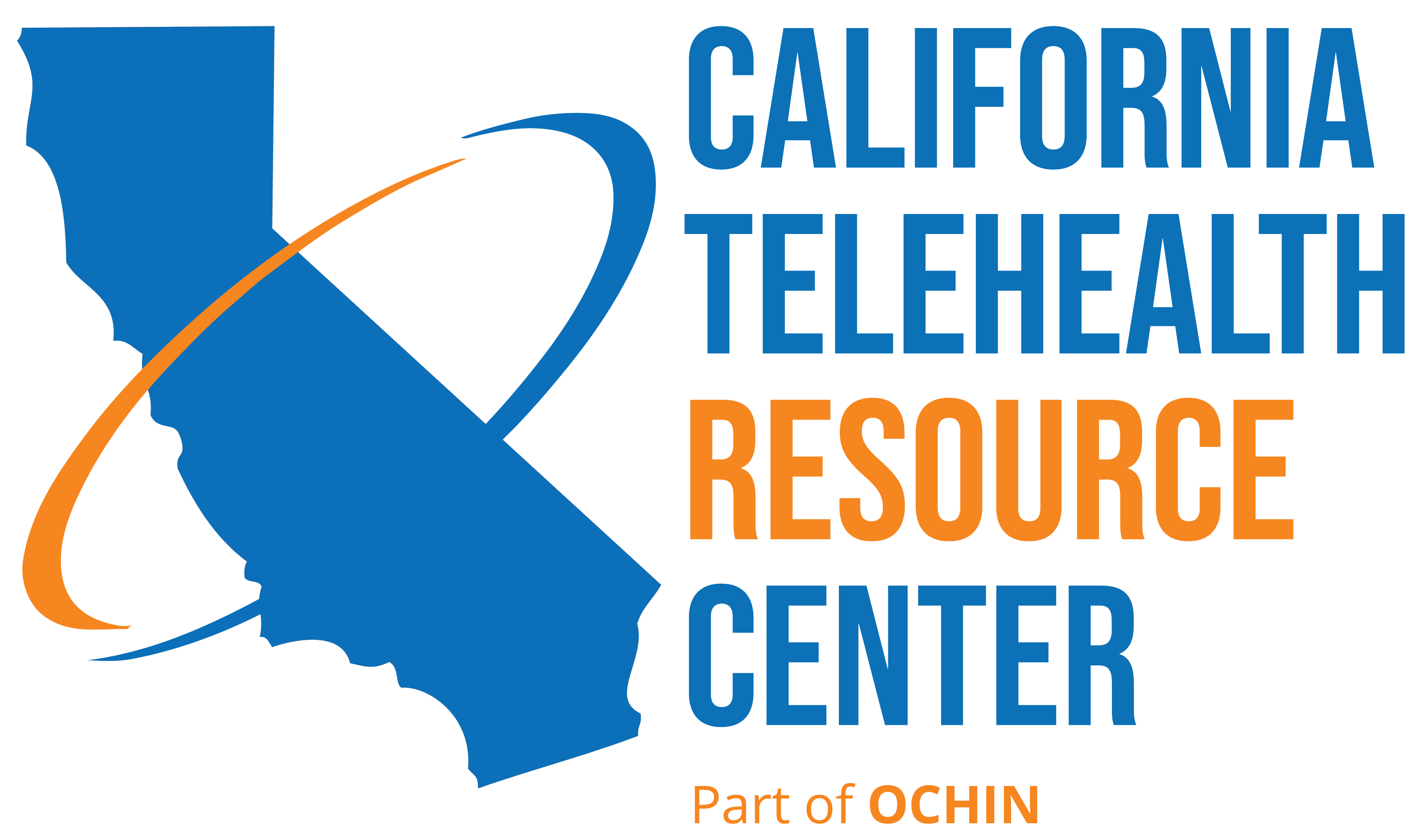

Program Specialist Aislynn Taylor representing CTRC at the HIMSS AI in Healthcare Forum
While it may seem like a far-off sci-fi future, the application of AI systems in health care is here now, and we should be ready for it to expand. Many clinicians aren’t aware of how much they are already using AI systems in their daily routines. Properly implemented, it will not replace the human element in providing care but empower providers with advanced tools to enhance patient care efficiently and provide equitable access.
CTRC staff recently attended the HIMSS Health Care AI Conference and came away with key takeaways for stakeholders (patients, clinicians, caregivers, and extended care teams).
Top 5 HIMSS Health Care AI Forum Takeaways – When Health Care AI is Done with an Eye Toward Access, Equity, and Sustainability:


Patient-Centered AI: Real-life use cases and success stories emphasized the importance of collaboration between humans and AI in enhancing patient care and diagnosis. In most cases AI systems cannot replace providers, but can enable quick data processing which can increase efficiency and accuracy, liberating clinicians from keyboards to focus on the most critical areas of care. Synergy between AI and human care providers can lead to quicker and more accurate diagnosis, while potentially reducing the risk of poor outcomes.


Optimizing Operations with AI: AI technologies can support healthcare operations, improving efficiency and personalization in patient care. Deeply integrated functions can lead to greater interoperability and allow for a people-first care mindset. Achieving functional integrated support for things like scheduling, note generation, or inbox management can be relatively low-risk applications that reduce the administrative burden on our workforce, and help centers retain staff.


AI in Predictive Healthcare: The evidence-base is growing and leading to the identification of AI’s effectiveness in applications like early disease detection, risk assessment, medical imaging analysis, and finding subtle signs of conditions that might be overlooked. The term AI can encompass a broad range of methods, systems, and technologies including machine learning algorithms, deep learning, and data analytics to process large quantities of information like patient records, genetic data, imaging, and more. This amount of data is changing the way clinical care can be delivered; however, challenges related to data privacy, interpretability, bias, and safety concerns need to be addressed for wider adoption and ethical implementation.


AI Ethical Considerations: While AI has immense potential, it’s important to address ethical concerns like data privacy, bias, transparency, and the possibility of over-reliance on technology. AI systems can inherit biases present in the data they are trained on, which can lead to unfair treatment if not addressed. Continuous training and validation of AI systems are essential to ensure their reliability and effectiveness, and clear guidelines for addressing inaccuracies are needed. Regulation and policy must evolve to keep pace with technological advancements and prioritize patient safety.


The Future of AI-Enabled Healthcare: The future holds great promise as the industry works towards AI-enabled tools that will optimize healthcare operations, streamline administrative tasks, allow for accurate and early detection of health issues, and support personalized interventions to improve overall healthcare delivery. Continued effort to address cybersecurity and ethical concerns and evolve regulatory guidelines is needed to ensure responsible implementation.
As AI technologies continue to advance, collaborations between healthcare providers, researchers, technologists, and policymakers will be vital in harnessing the potential of AI while addressing ethical, regulatory, and implementation challenges to ensure these innovations benefit patients and improve health outcomes. The healthcare industry may not be known for its speed, but we are making progress, not perfection!
To learn more about AI-enabled digital health services, check out CTRC’s upcoming AI educational series events: Intro to AI-enabled Digital Health Services & Health Care AI Rapidly Evolving Regulatory and Payment Environment: What Every Clinician Should Know.







Leave a Comment